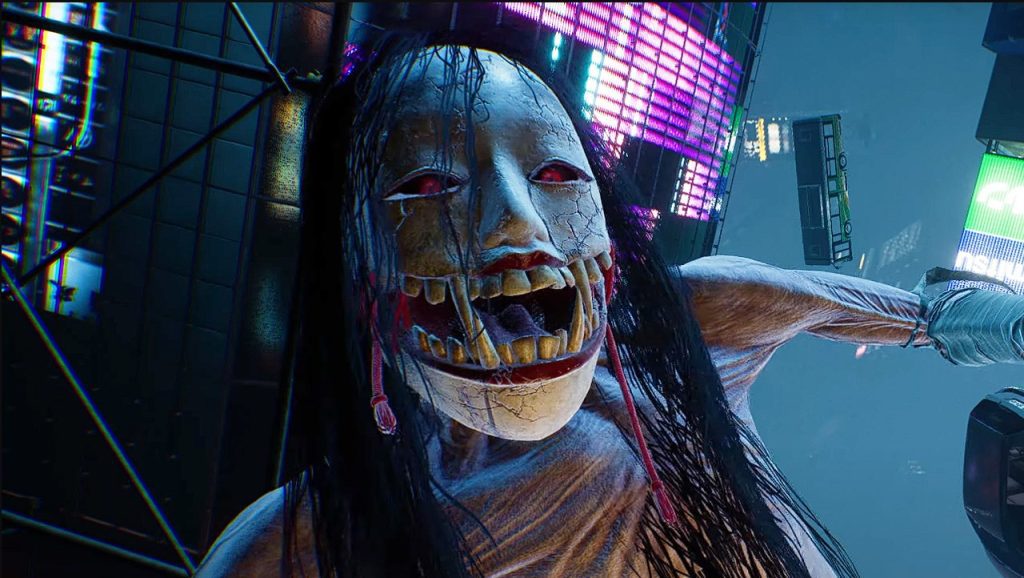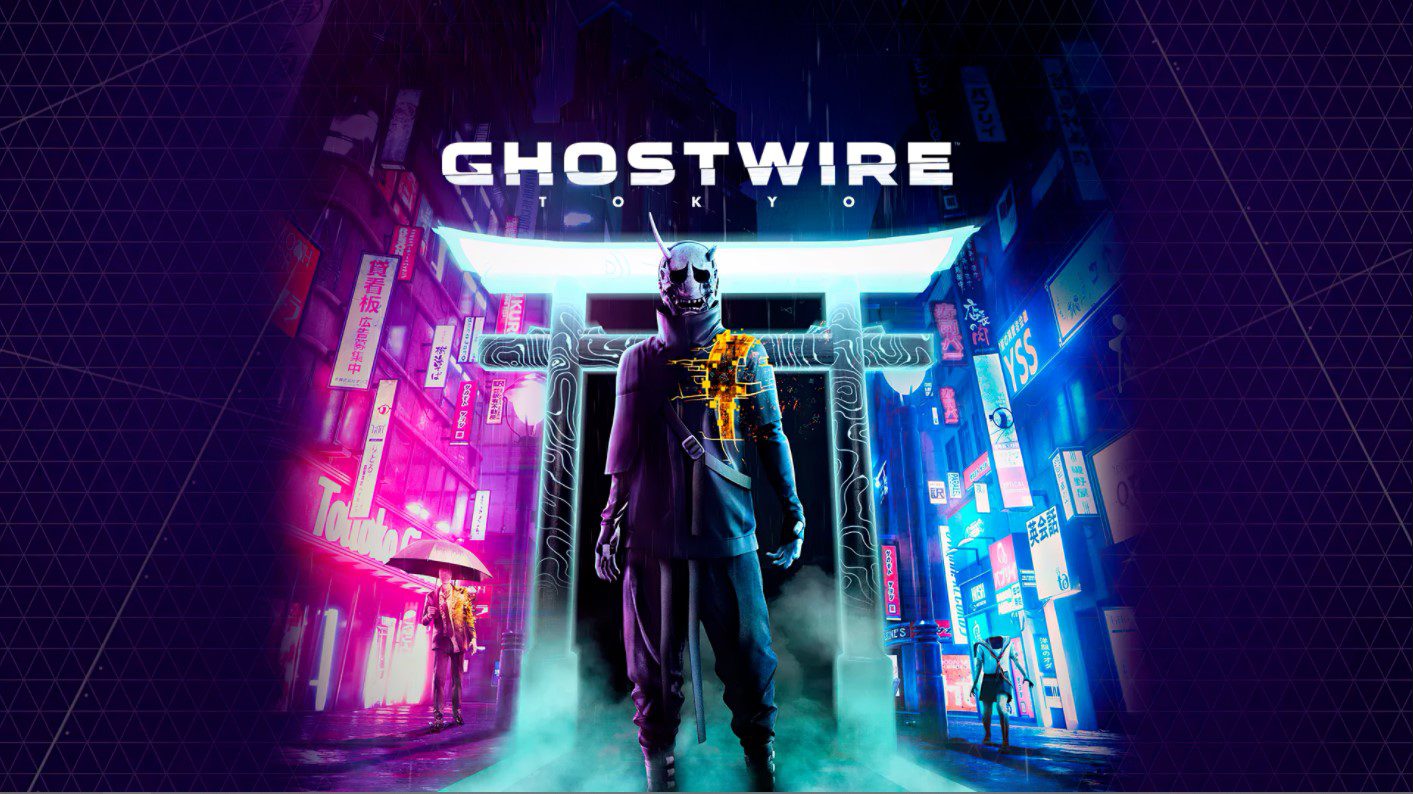Ghostwire: Tokyo is the latest game from Tango Gameworks, and players are incredibly excited to play it after all the hype of the brilliant E3 showcase. However, there seem to be a few crashing, stuttering, and other performance issues that are present in the game. Worry not because this guide will show you how to fix Ghostwire: Tokyo crashing, stuttering, low FPS, and lag issues.
The solutions mentioned in this guide are all from either community feedback or personal experience. While they won’t work for everyone, they certainly do show results. We are hopeful that the developers will resolve these issues in an upcoming patch or a hotfix. With that said, let’s dive right in and take a look at how to fix Ghostwire: Tokyo crashing, stuttering, low FPS, and lag issues.
Fix Ghostwire: Tokyo Crashing, Lag, and Performance Problems
There are many solutions for the known problems of Ghostwire: Tokyo, ranging from making sure that you meet the system requirements to updating the game. However, if you find a solution that solved your problem, we would appreciate it if you let us know in the comments.

Check System Requirements
First of all, make sure that you meet the game’s minimum requirements. Since this is a next-gen game, the requirements are naturally higher than usual. If you are meeting the system requirements, we suggest that you lower your graphics settings for better results.
| Particulars | Minimum | Recommended |
| OS | 64-BIT WINDOWS 10 VERSION 1909 OR HIGHER | 64-BIT WINDOWS 10 VERSION 1909 OR HIGHER |
| Processor | CORE I7 4770K @ 3.5GHZ OR AMD RYZEN 5 2600 | CORE I7 6700 @ 3.4GHZ OR AMD RYZEN 5 2600 |
| Memory | 12 GB RAM | 16 GB RAM |
| Graphics | NVIDIA GTX 1060 OR AMD RX 5500 XT (VRAM 6 GB OR HIGHER) | NVIDIA GTX 1080 OR AMD RX 5600 XT (VRAM 6 GB OR HIGHER) |
| DirectX | Version 12 | Version 12 |
| Storage | 20 GB available space | 20 GB available space |
| Additional Notes | SSD Storage Recommended | SSD Storage Recommended |
Verify Game Integrity
If problems persist after going through previous solutions, it’s most likely that some of the game’s files are missing and corrupted. For this, you should verify the game files from Steam. This will look up any such corrupted files and replace them with working ones. To verify the files, you must:
- Open Steam and go to Library.
- Select Ghostwire: Tokyo from the game list on the left side.
- Right-click and select Properties.
- Click the Local Files tab.
- Click the Verify integrity of game files… button.
Check for Game Updates
For most newly released AAA titles, the developers fix the initial crash-related bugs with an update or two. Ghostwire: Tokyo’s issues should be resolved this week, so make sure you always download and install game updates when they are released.
Since the game just came out, there are bound to be bugs. Luckily, Ghostwire: Tokyo has very few bugs and even those are minor ones. Overall, the game is well optimized for the PS5 and PC.
Alternatively, you can keep an eye out for new game updates in our Patch Notes section.
Related: Ghostwire: Tokyo All Landmark Locations
Update Your Graphics Card Drivers

Before launching any newly released game, update your graphics card driver from your respective brand. The drivers are usually updated with the latest game’s optimization in check.
You can also adjust your NVIDIA Control Panel settings to find the optimal setting for your PC. This often gives your FPS a massive boost and can help you out a lot in certain situations.
For NVIDIA, you should download the latest drivers from their official website.
We suggest downloading the Radeon Auto Detect Software to get the latest driver if you have an AMD GPU.
While it might not sound like it works, having the relevant graphics driver will allow the game to run smoothly. Both AMD and NVIDIA regularly push out updates for the major game releases so make sure that you download the latest versions.
Related: Will Ghostwire Tokyo Have Denuvo?
Restart Your PC
And last but not least, a solution to everything is restarting your PC. This will not only refresh the game but also refresh your entire system. If this also doesn’t work, we suggest that you contact the developers and let your concern be known to them. This will also help out other players that are facing the same issue.
To contact the devs, we suggest posting it on their forums or contacting them on Twitter.
Those are all the solutions that you can try to fix various issues. Hopefully, one of these solutions will fix your problem. Let us know if you managed to solve the problem. We would love to see if you are enjoying Ghostwire: Tokyo or not.







